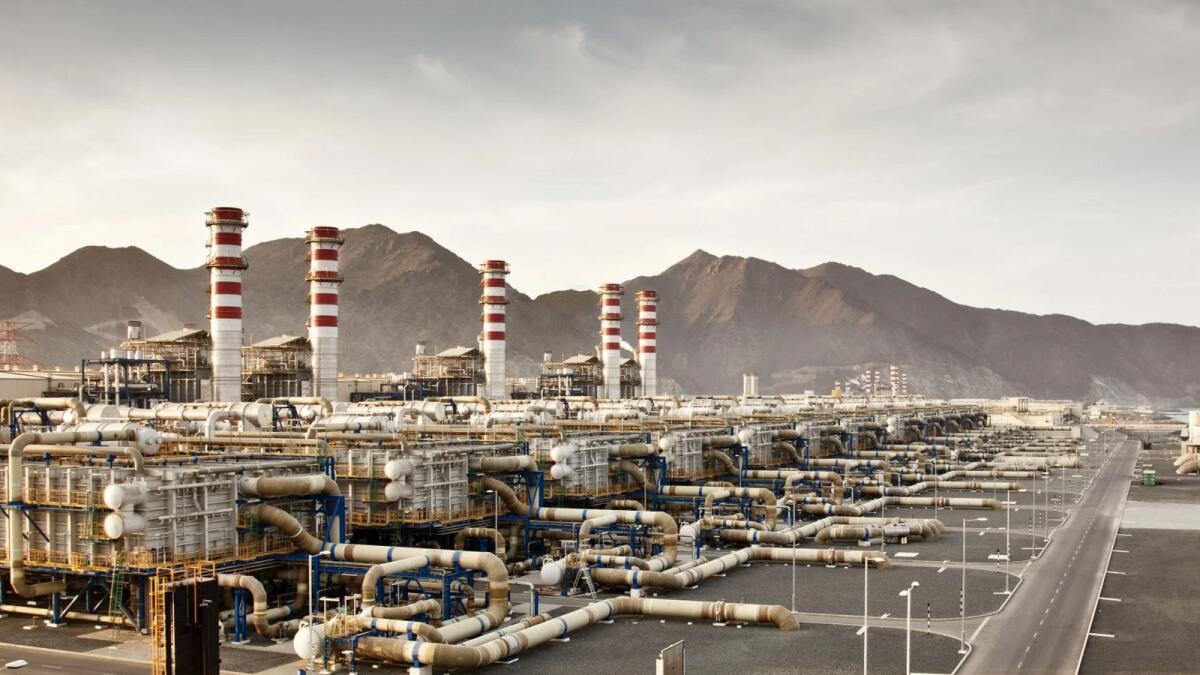Taqa, the Abu Dhabi National Energy Company, recently reported a 5.3% increase in Group revenues for the period ending 31 March 2024, reaching Dh13.7 billion. This rise was mainly attributed to the contribution from SWS Holding, which also led to higher adjusted Ebitda and net income. Adjusted Ebitda was reported at Dh5.5 billion, up by 4.9% from the previous year.
Despite a decrease in net income due to one-off items recognized in 2023, excluding these items, net income increased by 6.9%. Capital expenditure also saw a significant increase of 60.3% to Dh1.7 billion, mainly driven by construction progress in desalination projects. The free cash flow generation decreased by Dh4.0 billion from the previous year, primarily due to increased investments in renewable energy projects and infrastructure development.
Taqa’s gross debt rose to Dh62.5 billion, reflecting project debt assumed on the acquisition of SWS Holding and investments in expanding desalination capacity. Strategic highlights for Taqa include the acquisition of SWS Holding and participation in projects like the Amiral petrochemical complex and the Juranah Independent Strategic Water Reservoir Project in Makkah, Saudi Arabia.
Operationally, Taqa reported a transmission network availability for power and water of 98.3%, a marginally higher figure compared to the previous quarter. However, generation global commercial availability decreased slightly to 97.4% due to planned and unplanned outages. SWS asset availability remained strong at 96.1%, showcasing robust performance.
The oil & gas production volumes for Taqa saw a decrease to 106.9 thousand boepd, a 5.4% decrease compared to Q1 2023. This decline was mainly due to natural production decline and decommissioning activities. Jasim Husain Thabet, Taqa’s group CEO and managing director, expressed satisfaction with the company’s strong financial and strategic performance, emphasizing the importance of integrating SWS Holding’s expertise in water treatment and reuse.
Thabet also highlighted Taqa’s commitment to expanding internationally, citing partnerships to develop power and steam cogeneration plants in Jubail, Saudi Arabia, and the Juranah project in Makkah. Taqa remains focused on its 2030 growth strategy, aiming to be a champion of low-carbon power and water as part of the UAE’s sustainability goals.











